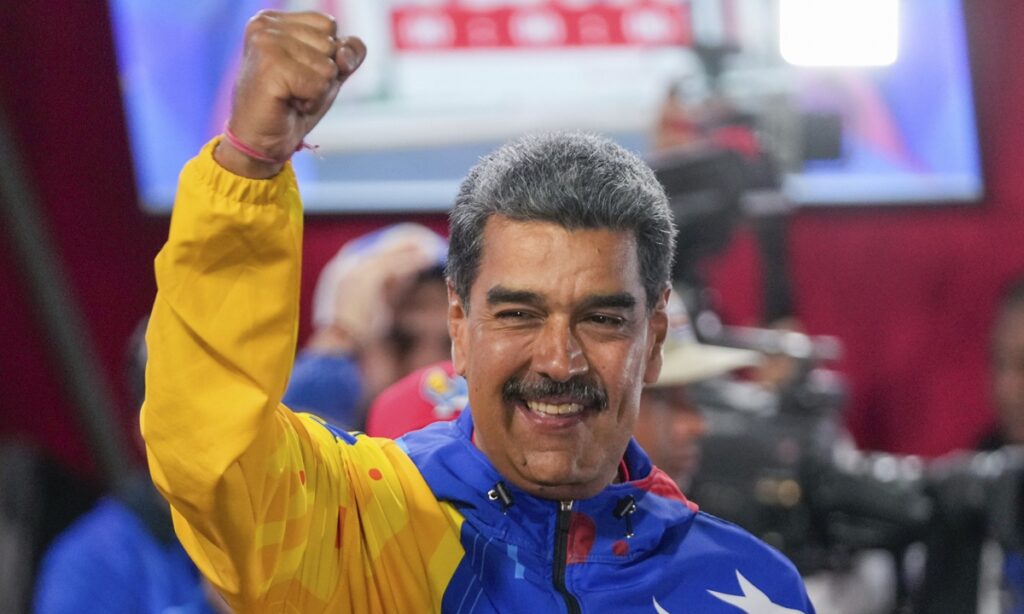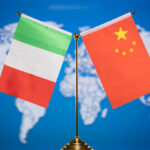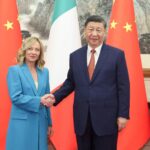Biden administration unlikely to support another ‘Guaido’ to challenge Maduro: expert
China congratulated Venezuela on Monday on the success of its presidential election and to Venezuelan President Nicolas Maduro for his successful re-election, Chinese Foreign Ministry spokesperson Lin Jian said, after media reported that Maduro won the election with 51.2 percent of votes cast.
Noting that China and Venezuela are good friends and partners, Lin said that China attaches great importance to the development of bilateral relations and is willing to work with Venezuela to continuously enrich the China-Venezuela all-weather comprehensive strategic partnership and bring more benefits to the two peoples.
In an election that was closely observed by the US and some other Latin American countries, Maduro’s declaration of victory is “a disappointing news” to Washington.
“We have serious concerns that the result announced does not reflect the will or the votes of the Venezuelan people,” US Secretary of State Antony Blinken said in Tokyo on Monday in comments on the election result, according to media reports.
Some Chinese observers said if Maduro wins the election and begins his third term, the US may not recognize the results, but the Biden administration, preoccupied with its own issues, is unlikely to support another “Guaido” to challenge Maduro.
In 2019, then Venezuelan opposition leader Juan Guaido tried to launch a coup and a “color revolution” with the support of the US. However, the continued violence did not topple Maduro’s government and Guaido was later ditched by Washington as a worthless pawn, according to the Xinhua News Agency.
Pan Deng, director of the Latin American and Caribbean Region Law Center of China University of Political Science and Law, has been invited by Venezuela’s National Electoral Council to serve as an international observer in the country.
“Many people have great enthusiasm and expectations for this election,” Pan told the Global Times.
“In Venezuelan society, I have not sensed strong extreme or irrational political sentiments. Incidents such as clashes between the police and the public or conflicts between supporters of different groups are rare; at least, I have not seen any in the past few days. However, some citizens are concerned that political disputes and conflicts may emerge after the election,” Pan said.
The Chinese expert said he has spoken with Venezuelans from different social classes and backgrounds about their voting preferences, and the general impression he gets is that middle and lower-class citizens tend to support Maduro more, while those working in the public sector almost universally support him.
“On the other hand, professionals and overseas returnees who come back to vote are more likely to support Edmundo Gonzalez,” Pan said.
The US and Western media have accused Maduro of fraud and called for a recount. The opposition has criticized the Venezuelan authorities for hastily declaring Maduro the winner before the vote count was complete, suggesting that Venezuela may face a period of unrest in the near future, Xu Shicheng, a research fellow at the Institute of Latin American Studies under the Chinese Academy of Social Sciences, told the Global Times.
Currently, most Latin American countries are governed by left-wing or center-left administrations. “While it is possible that some right-wing countries, such as Argentina, might not recognize Maduro for a certain period, a situation like the one where the Lima Group refused to acknowledge Maduro’s government in 2019 is unlikely to recur,” Xu said.
The US is currently preoccupied with its own problems, and with only six months left in Biden’s term, although the White House has made statements regarding the Venezuelan election, it is largely a case of having the will but not the power, the expert added.
After a series of interviews and observations, Pan said his strongest impression over the past few days is that Venezuelans’ main expectation from the next government is “stable jobs.”
“Although Venezuela’s inflation trend is now stabilizing and the economy is recovering, many Venezuelans have relied on informal employment, such as temporary or part-time jobs, to make ends meet. Stable, formal employment is needed,” Pan said.
“In my view, stabilizing the economy and creating more job opportunities for the people are the most fervent expectations Venezuelans have for the next government,” Pan said.
Another expectation is that many people do not want to see large-scale conflict and turmoil in Venezuela once the election results are announced. They hope that political disputes will quickly subside, allowing the country to focus more on economic recovery and addressing people’s livelihood issues, Pan added.
GT




